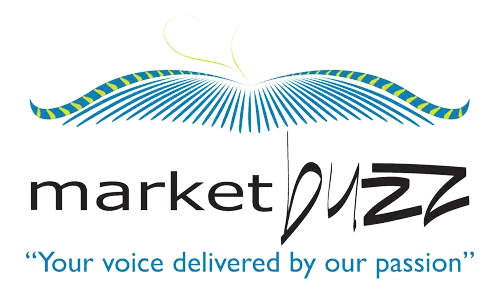Starting a business is a challenging yet exciting journey, especially when it comes to building a strong reputation from the ground up. For startups, gaining credibility and visibility often requires creative and resourceful PR strategies that can cut through the noise.
Building a reputation from scratch takes time, patience, and a strategic approach. By focusing on storytelling, leveraging your network, and taking advantage of free PR tools, startups can effectively build credibility and visibility even with limited resources.
Here’s a guide with actionable advice to help startups build their reputation, even with limited resources.
Define Your Story
At the heart of any successful PR campaign is a compelling story. Start by defining who you are, what problem your startup solves, and how your solution stands out from the rest. Think about the values that guide your business and how your journey began. A strong narrative makes it easier for people to connect with your brand and builds credibility.
Action Tip: Craft a concise elevator pitch that encapsulates your brand’s mission and vision. Use this as the basis for all your PR materials.
Leverage Your Network
You may not have a big PR budget, but you likely have a network of contacts that can help spread the word. Friends, family, former colleagues, and industry connections can be some of your best advocates. Encourage them to share your story, testimonials, or product reviews on social media. In the early stages, word-of-mouth marketing can be one of the most valuable tools.
Action Tip: Reach out to your network with personalized messages and offer them incentives like early access to products or discounts in exchange for referrals or shares.
Build Relationships with Journalists and Bloggers
Traditional media coverage is still relevant, but getting journalists to cover your startup can be tough. Start by identifying niche publications, blogs, and influencers that focus on your industry. Personalize your outreach and make it clear why your story would be of interest to their audience. Relationships with journalists take time to build, so focus on establishing connections rather than pitching cold.
Action Tip: Follow journalists on social media, engage with their content, and offer yourself as a resource for future stories, even if they don’t cover you right away.
Create a Media Kit
A well-prepared media kit can make a journalist’s job easier and increase the likelihood of coverage. This should include your company’s background, key team bios, high-quality images, a press release, and contact details. Having this on hand demonstrates professionalism and ensures journalists have all the information they need at their fingertips.
Action Tip: Keep your media kit easily accessible on your website for download, and update it regularly with any milestones or new products.
Maximise Your Online Presence
Your online presence is often the first point of contact potential customers or journalists will have with your brand. An easy-to-navigate website, active social media profiles, and engaging content are key to establishing credibility. Start by focusing on platforms where your target audience is most active, and ensure your messaging is consistent across all channels.
Action Tip: Create a content calendar for regular blog posts, social media updates, and email newsletters. Share your company milestones, client testimonials, and industry insights.
Make Use of Free PR Tools
There are several free or low-cost PR tools available that can help you manage outreach, monitor media coverage, and track the success of your campaigns. Platforms like HARO (Help A Reporter Out) allow you to respond to journalists looking for expert quotes or stories. In the MENA region, there is Telum Media where a free newsletter (you can email middleeastalert@telummedia.com to be added to the mailing list) gives you updates on media changes and feature opportunities. Other tools, like Google Alerts, can help you track any online mentions of your brand.
Action Tip: Set up alerts for your company name, competitors, and industry keywords so you can stay updated on relevant news and respond to any media opportunities that arise.
Collaborate with Other Startups
Partnering with other startups can amplify your visibility. Cross-promotion with complementary businesses or hosting joint events, such as webinars or virtual panels, can help expose your brand to a wider audience. This approach allows you to share resources and create more impactful campaigns while keeping costs low.
Action Tip: Identify non-competing startups within your ecosystem and suggest collaborative content like co-hosted blog posts, podcasts, or industry panels.
Measure and Refine Your Efforts
PR is an ongoing effort, and it’s important to track the results of your campaigns to understand what’s working and what’s not. Monitor media coverage, website traffic, and social media engagement to see how your reputation is growing. Use these insights to refine your future PR strategies, ensuring that each campaign is more effective than the last.
Action Tip: Use analytics tools like Google Analytics and social media insights to track performance. Regularly review your PR efforts and adapt your strategy based on data.
Remember, PR isn’t just about landing big media coverage—it’s about creating relationships and continuously engaging with your audience to build a lasting brand.



